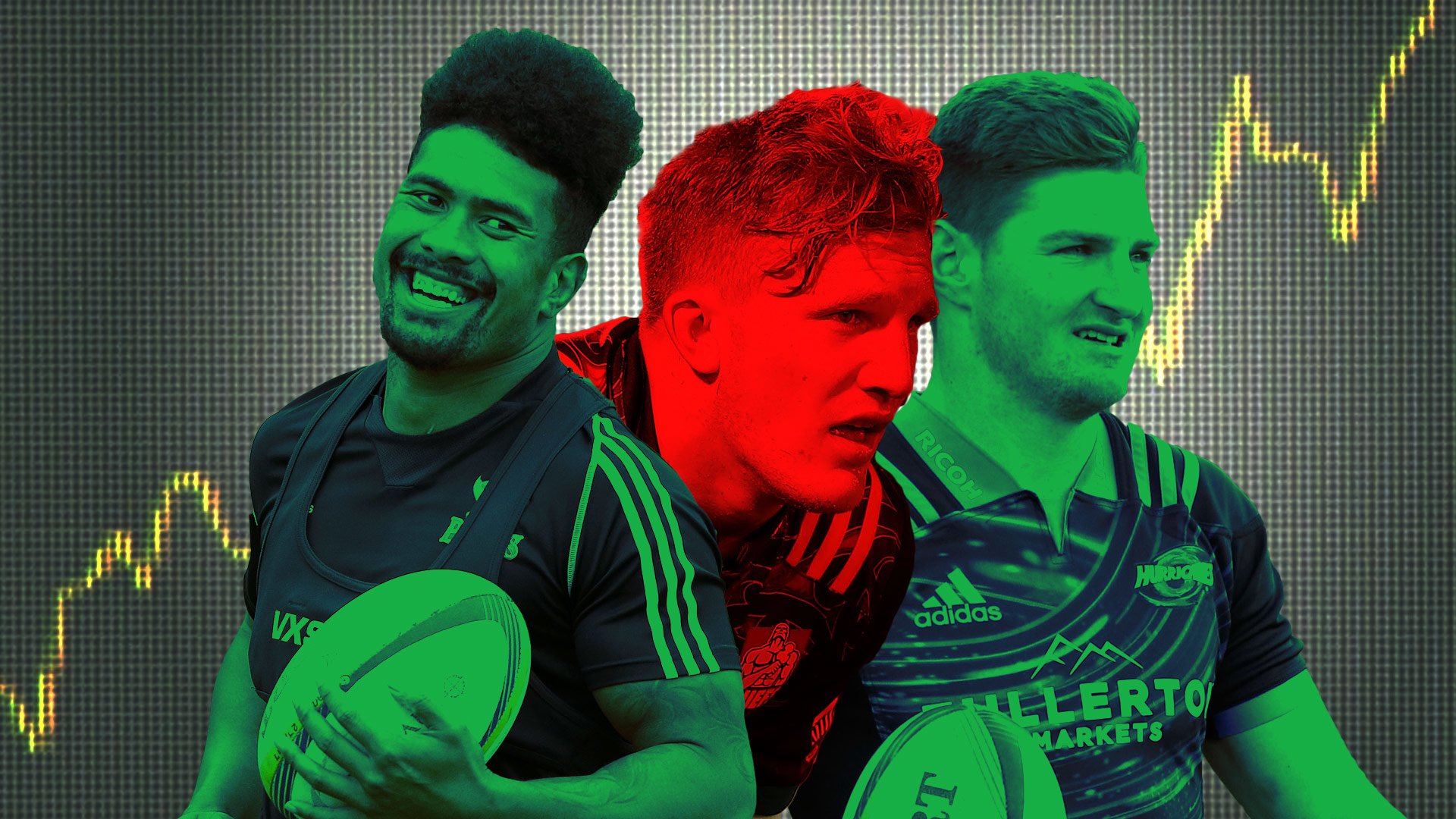Why Ardie Savea and Jordie Barrett's one-year deals are smart decisions

This week the NZR announced the re-signing of two key All Blacks and Hurricanes players Ardie Savea and Jordie Barrett.
The surprise was both deals were short-term commitments, extending just one more season to re-enter the market post-Rugby World Cup. On the face of it looks like a worrying sign the two might up and leave, but when you look at the bigger picture it is really the only option.
“It was my choice [to take a one-year deal],” Savea said.
“Obviously rugby’s a business and, with the World Cup next year, I want to make that and then weigh up my options after that.
His options don’t seem to be elsewhere in New Zealand either, with Savea confirming he would not play against the Hurricanes, much like his older brother.
“It may come across that way. But we’ve done a lot over here and, like Jordie said, we wouldn’t go anywhere else other than the Hurricanes in New Zealand, so we just want to focus on this year, and I guess next year as well, and see what happens after that.
The one-year commitment is a smart move from both players from a financial standpoint, even if Ardie Savea decides to stay in New Zealand long-term. Jordie at just 21-years of age is short odds to be here long-term.
The current three-year players’ collective agreement expires at the end of 2018, with new player payment pools on the horizon. The current revenue streams for NZRU, the largest being broadcast revenue, will be renegotiated for 2020 and beyond. The flow-on effect from an increase in broadcast rights will see more money in the player payment pool, currently around $60 million annually.
With a fast-changing landscape in streaming live sport, big tech players like Amazon and Facebook, flush with billions, are starting to make moves in sports rights. Amazon recently shot a docu-series with the All Blacks and Facebook streams one game of Major League Baseball live a week on its platform. Amazon also snapped up the rights to stream live Thursday night NFL games. If any of these players dip their toes in the bidding process, the market will reset much higher.
Across the ditch, the NRL’s recent rights deal went for $1.8 billion over five years in a monster jump, 70 percent higher than the previous deal. Every NRL player already contracted during those seasons will have to wait painfully to hit the market, and the older ones might play out their remaining best years before that happens.
It is not inconceivable that the player pool will approach or exceed $100 million from 2020 onward, and most of the increase will probably be used to retain the elite players. As has happened in the NFL, most of the salary cap increases over the last five years have flowed into the pockets of quarterbacks – the most important player.
To sign a long-term commitment without knowing what the new rights deal brings is foolish at best and plain stupid at worst. The top All Blacks that have been starting to crack the $1 million dollar annual salary mark in the last few years, will soon be signing $2 or $3 million per year deals. If Jordie Barrett was to sign a long-term deal in the range of four years now he would risk missing out on literally millions.
On the flip-side, the long-term commitment made this year by Damian McKenzie to the end of 2021 will likely end up being a bargain for the NZR, with the backend years of that deal being considerably cheap. This would be part of the thinking of trying to sign so many players of the best young players under long-term deals right now, but McKenzie has just taken on a massive risk that he will be severely underpaid.
While his deal looks good now under the current landscape, that could be just the standard in the future. As one of the games best-attacking talents already, he will be playing on ‘unders’ when the market resets.
“Keeping your options open” is wise right now.
In other news:
























































































